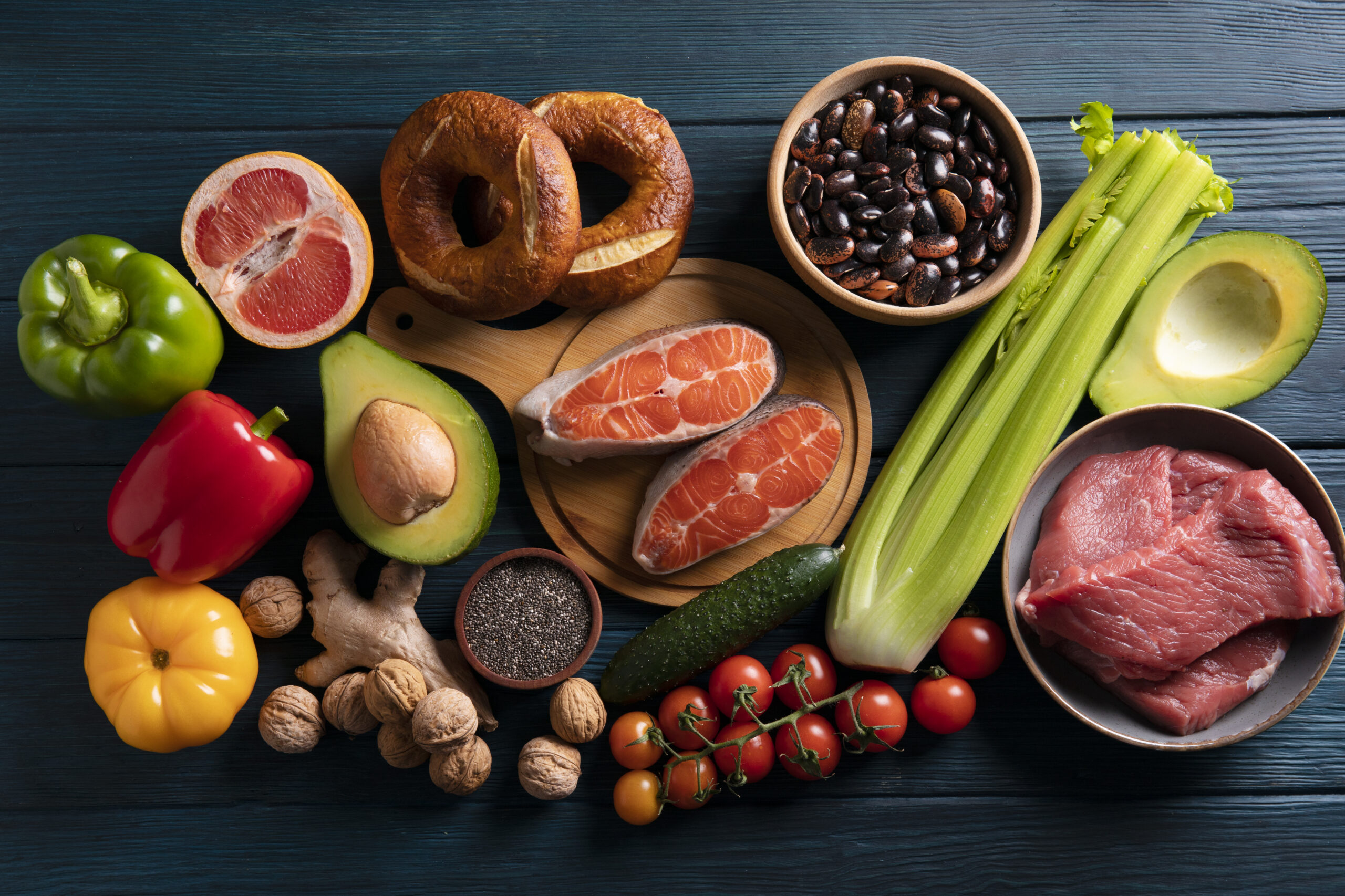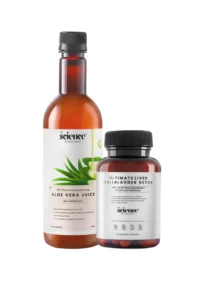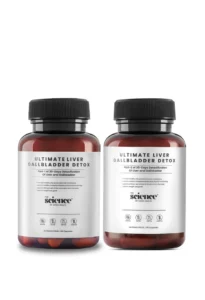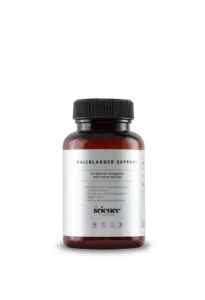If you are wondering what is good for liver, the simple answer is that certain foods, lifestyle habits, and preventive health practices can keep this essential organ strong and functioning at its best. Your liver plays a central role in maintaining overall health, and supporting it through daily choices is one of the smartest investments you can make for your long-term well-being.
Often referred to as the powerhouse of the body, the liver detoxifies harmful substances, aids digestion, stores nutrients, and balances hormones. Unfortunately, liver diseases such as fatty liver and cirrhosis are becoming increasingly common worldwide. The good news is that with a balanced diet and a healthy lifestyle, it is possible to protect the liver and even reverse early damage.
This guide will walk you through everything you need to know about what is good for liver health, including foods backed by science, everyday habits that support liver function, and what you should avoid to prevent damage.
Understanding the Role of the Liver
To understand what is good for liver, it is important to first recognize its role in the human body. The liver is not just another organ; it is a control center that ensures balance and efficiency in numerous bodily functions.
Key functions of the liver include:
- Detoxifying blood by removing toxins, chemicals, and by-products of metabolism
- Metabolizing proteins, fats, and carbohydrates for energy regulation
- Producing bile to support digestion and absorption of fats
- Storing vitamins, minerals, and glycogen for future use
- Supporting immune function by filtering bacteria and aiding in blood clotting
A healthy liver ensures that digestion, metabolism, and detoxification work smoothly. When it is overloaded with toxins, poor dietary choices, or infections, it becomes sluggish, leading to fatigue, poor digestion, hormonal imbalances, and a higher risk of chronic disease. Therefore, knowing what is good for liver becomes essential for maintaining vitality and long-term health.
What is Good for Liver? Top Foods Backed by Science
One of the most effective ways to support liver health is through diet. Scientific studies show that certain foods provide antioxidants, healthy fats, and anti-inflammatory compounds that protect the liver from damage. Here are the best foods to include when thinking about what is good for liver:
1. Coffee
Coffee has been extensively studied for its protective effects on the liver. Regular coffee consumption reduces the risk of cirrhosis, lowers liver enzymes, and slows the progression of fatty liver disease. The antioxidants in coffee help reduce inflammation and protect against cell damage. For the best results, drink coffee black or with minimal milk and avoid excess sugar.
2. Green and Herbal Tea
Green tea contains catechins, a type of antioxidant that reduces oxidative stress and supports liver health. Studies link regular green tea consumption to lower risks of liver cancer and improved fat metabolism. Herbal teas like dandelion or chamomile may also gently support detoxification.
3. Grapefruit
Grapefruit is rich in naringenin and naringin, two antioxidants that protect the liver from inflammation and fibrosis. These compounds also enhance the liver’s natural detoxification process. Adding fresh grapefruit or grapefruit juice to your diet is an excellent way to promote liver wellness.
4. Blueberries and Cranberries
Both are loaded with anthocyanins, powerful antioxidants that prevent oxidative stress and inflammation in the liver. Research suggests they may slow down the development of fatty liver disease and enhance overall liver resilience.
5. Grapes (Red and Purple)
These grapes and their extracts are known to reduce inflammation, boost antioxidant levels, and improve liver function. Consuming grapes regularly has been shown to lower markers of liver damage.
6. Beetroot Juice
Beetroot juice stimulates natural detoxification enzymes and helps reduce oxidative stress. It also supports healthy blood flow and liver cell repair. Drinking beetroot juice regularly can complement other dietary choices for liver health.
7. Cruciferous Vegetables
Vegetables like broccoli, Brussels sprouts, and kale are rich in sulforaphane and indole compounds, which support detoxification pathways in the liver. Regular consumption of cruciferous vegetables is associated with lower risks of fatty liver and better overall metabolic health.
8. Nuts and Seeds
Nuts such as almonds and walnuts, along with seeds like flaxseeds and chia seeds, provide vitamin E and omega fatty acids. These nutrients lower the risk of non-alcoholic fatty liver disease (NAFLD) and improve liver enzyme levels.
9. Fatty Fish
Fatty fish such as salmon, sardines, and mackerel are excellent sources of omega-3 fatty acids. Omega-3s reduce liver fat, improve triglyceride levels, and lower inflammation. Eating fatty fish two to three times per week is highly beneficial.
10. Olive Oil
Olive oil is an integral part of the Mediterranean diet and has been linked to reduced risk of fatty liver disease. It supports insulin sensitivity, lowers fat accumulation in the liver, and improves blood lipid profiles.
11. Artichokes
Artichokes support bile production, which helps with digestion and detoxification. They are also rich in antioxidants that shield the liver from oxidative stress and damage.
When it comes to what is good for liver, this diverse range of foods ensures protection, nourishment, and regeneration.
Lifestyle Habits That Are Good for Liver
Food is only one part of liver health. Daily lifestyle habits strongly influence how well the liver functions. Incorporating the following practices can make a big difference:
- Maintain a healthy weight to reduce the risk of fatty liver disease
- Engage in regular exercise such as walking, yoga, or strength training, which helps reduce liver fat and improve metabolic health
- Limit alcohol intake since excessive drinking damages liver cells and causes scarring
- Avoid unnecessary medications or excessive use of painkillers and supplements that overload the liver
- Practice safe hygiene and safe sex to protect against hepatitis infections
- Stay hydrated with enough water daily to support natural detoxification
- Get adequate sleep and manage stress, as both are linked to healthier liver function
These lifestyle changes combined with proper nutrition create a strong foundation for long-term liver wellness.
What to Avoid for a Healthy Liver
Understanding what is good for liver also requires knowing what is harmful. Certain foods and habits put enormous strain on the liver and can contribute to long-term damage.
Foods and substances to avoid:
- Processed foods high in preservatives and chemicals
- Refined carbohydrates such as white bread, white rice, and pastries
- Sugary drinks and sodas promote insulin resistance and fat buildup in the liver
- Excess alcohol consumption which can cause cirrhosis and liver scarring
- Smoking, which increases oxidative stress on liver cells
- Overuse of medications and supplements without medical supervision
Replacing these harmful items with whole foods, clean hydration, and natural remedies is one of the most effective ways to preserve liver health.
Conclusion
Your liver works day and night, removing toxins, balancing hormones, digesting nutrients, and storing energy for future use. By focusing on what is good for liver, you can give this vital organ the support it needs to thrive. From antioxidant-rich foods like blueberries, grapefruit, and cruciferous vegetables, to habits such as regular exercise and limited alcohol consumption, every positive step adds to the protection of your liver.
Remember that prevention is easier than a cure. Taking care of your liver today ensures you avoid complications tomorrow.
If you are dealing with fatty liver, low energy, or digestive concerns, it may be a sign that your liver is under stress. With Smriti Kochar’s Ultra-Wellness Program, you can reverse chronic conditions naturally through lifestyle-based transformations backed by science.
Learn more here: Start Your Healing Journey with Smriti Kochar »
Bonus: Herbal Support for Liver
For additional support, natural supplements can be a useful companion to diet and lifestyle changes. The Liver & Gall Bladder Support supplement is designed to aid healthy liver function, promote natural detoxification, and improve digestion. It offers a gentle yet effective way to keep your liver in balance.
Find out more here: Liver & Gall Bladder Support
Read Our Latest Blogs
Is Apple Cider Vinegar Good For Fatty Liver | Is Sugarcane Juice Good For Fatty Liver | Which Juice Is Good For Liver | Does Dengue Affect Liver | Does Smoking Affect Liver | How Many Grades Of Fatty Liver | How To Improve Gut Health Naturally India | How To Have Good Gut Health | Is Beer Good For Gut Health | Why Is Gut Health Important | How To Improve Gut Health India
Frequently Asked Questions
Processed foods, refined carbs, excessive sugar, fried foods, and alcohol are particularly damaging to the liver.
Green tea, black coffee, lemon water, and beetroot juice are some of the best drinks for cleansing and supporting liver function.
Yes, the liver has a unique ability to regenerate itself. However, continuous damage over years may cause irreversible scarring.
Symptoms may include fatigue, jaundice (yellowing of skin and eyes), abdominal bloating, nausea, and dark urine.
Yes, coffee is one of the most beneficial beverages for liver health, reducing the risk of liver diseases including fatty liver and cirrhosis.
Grapefruit, blueberries, cranberries, and grapes are among the best fruits for liver protection and repair.
Exercise helps reduce fat buildup in the liver, lowers inflammation, and improves overall liver function. It cannot reverse severe damage but plays a preventive role.
Most adults should drink at least 8 to 10 glasses of water daily. Hydration supports detoxification and improves liver efficiency.






